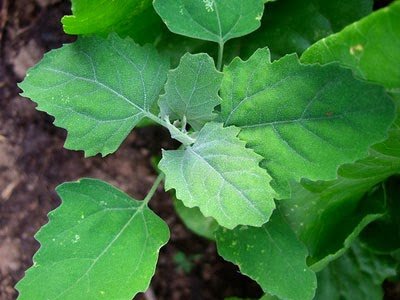Azotobacter Biofertilizer
We ViViCrop Farm Science is working in the Bio Fertilizer and Organic Fertilizer Industry.
What is Azotobacter Biofertilizer?
Azotobacter biofertilizer is a microbial inoculant containing live bacteria from the genus Azotobacter. These free-living, nitrogen-fixing bacteria are capable of converting atmospheric nitrogen (N2) into ammonia (NH3), which plants can absorb and utilize. Unlike Rhizobium, Azotobacter does not require a symbiotic relationship with plants and can fix nitrogen independently in the soil.
Relevance and Importance
- Enhancing Soil Fertility: Azotobacter biofertilizers significantly improve the nitrogen content of the soil, which is essential for plant growth and productivity.
- Promoting Sustainable Agriculture: By reducing the dependence on synthetic nitrogen fertilizers, Azotobacter biofertilizers support environmentally friendly agricultural practices.
- Cost-Effectiveness: These biofertilizers are more economical compared to chemical fertilizers, lowering the input costs for farmers.
- Environmental Protection: Utilizing Azotobacter reduces the risk of soil and water pollution commonly associated with the overuse of chemical fertilizers.
Mechanism of Action
Azotobacter bacteria fix atmospheric nitrogen through the enzymatic action of nitrogenase. This process converts inert N2 gas into ammonia, which is then released into the soil and taken up by plants. Azotobacter also produces growth-promoting substances like vitamins, gibberellins, and auxins, which further enhance plant growth and development.
Use and Benefits
- Improved Crop Yields: Enhanced nitrogen availability leads to better plant growth, increased biomass, and higher yields.
- Soil Health: Increases organic nitrogen content in the soil, improving its structure and fertility.
- Nutrient Cycling: Promotes nutrient cycling in the soil ecosystem, benefiting subsequent crops.
- Reduced Dependency on Chemical Fertilizers: Decreases the reliance on synthetic fertilizers, leading to economic savings and environmental benefits.
- Eco-Friendly: Being natural, biofertilizers do not leave harmful residues in the soil or water bodies.
- Growth Promotion: Produces phytohormones that stimulate plant growth and enhance root development.
Crops Benefiting from Azotobacter Biofertilizer
Azotobacter biofertilizers are suitable for a wide range of crops, including:
- Cereals: Wheat, rice, maize, and barley.
- Vegetables: Tomatoes, potatoes, cucumbers, and carrots.
- Fruits: Bananas, mangoes, and citrus fruits.
- Non-leguminous Cash Crops: Cotton, sugarcane, and tea.
- Horticultural Crops: Flowers and ornamental plants.
Application Stage
Azotobacter biofertilizers can be applied at different stages of crop growth to maximize benefits:
- Seed Treatment: Seeds are coated with Azotobacter biofertilizer before planting. This ensures that the bacteria are present during seed germination, promoting early root colonization and growth.
- Soil Treatment: Azotobacter biofertilizer can be mixed with the soil before planting or applied as a soil drench. This ensures that the bacteria are present in the root zone of the plants.
- Root Dipping: For transplanted crops, seedlings can be dipped in an Azotobacter solution before transplanting to ensure early and effective root colonization.
- Foliar Spray: In some cases, Azotobacter can be applied as a foliar spray to provide additional nitrogen and growth-promoting substances directly to the plants.
Benefits at Different Crop Stages
- Germination and Early Growth: Enhanced root development and early establishment of seedlings due to better nitrogen availability and phytohormone production.
- Vegetative Stage: Improved plant vigor and growth, leading to robust plant development and increased resistance to stress.
- Reproductive Stage: Better flowering and fruit set, resulting in higher yields and improved quality of the produce.
Conclusion
Azotobacter biofertilizer is a valuable tool in sustainable agriculture, offering numerous benefits such as enhanced soil fertility, reduced chemical fertilizer dependency, and improved crop yields. Its application to a variety of crops at different stages ensures effective nitrogen fixation and promotes overall plant health. By integrating Azotobacter biofertilizers into crop management practices, farmers can achieve better productivity while supporting ecological balance and environmental conservation.









